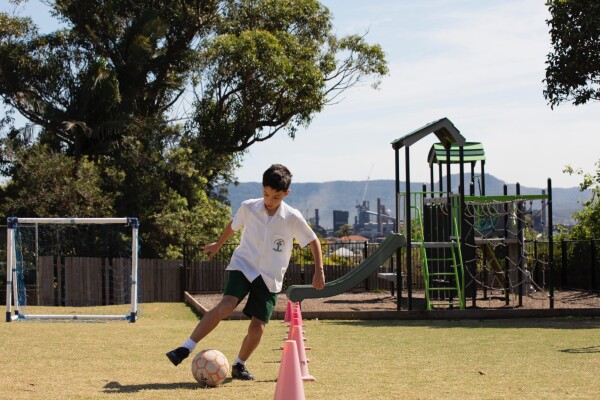
St Patrick's
Port Kembla
Port Kembla
A Catholic Parish Primary School
 There are a variety of co-curricular activities on offer for students at St Patrick's. All students are encouraged to participate in some of the co-curricular programs available. These programs develop students’ confidence, talents and sense of responsibility.
There are a variety of co-curricular activities on offer for students at St Patrick's. All students are encouraged to participate in some of the co-curricular programs available. These programs develop students’ confidence, talents and sense of responsibility.
Some of the opportunities available at St Patrick's include:
In 2019, St Patrick’s introduced a Japanese language program to students from Kindergarten to Year 2.
Once a week, the students engaged in learning the language through singing, games, conversational activities and role-playing, and responding to oral language such as greetings and classroom directions.
Units that were covered varied across classes, but included: Greetings, Self-Introductions, Numbers, The Writing Systems (Japan has three!), Colours, Animals, The Body, Food and Weather. Japanese celebrations and festivals were also incorporated into our program, as well as play with traditional Japanese children’s games and toys and the harmonious and mindful experience of Japanese tea ceremony.
Students learned to communicate and interact in inter-culturally appropriate and meaningful ways as they developed a deeper understanding of the Japanese culture and how this shapes Japanese language. For example, how language differs depending on hierarchical relations and formal/informal situations, and the need to maintain harmony and humility in social situations.
Japanese culture, history, art and food, and their influence on modern Australian society were also explored, as we hope to develop children’s appreciation and respect for cultural and linguistic diversity in our increasingly globalised world.
Moving forward, each classroom teacher will be able to choose to teach a language to their class that they are familiar with.